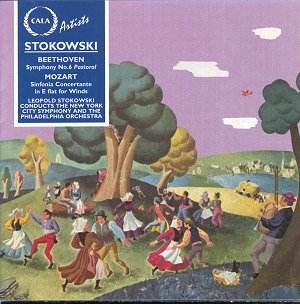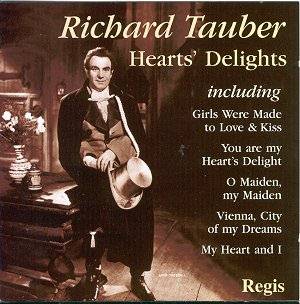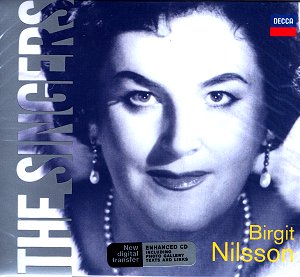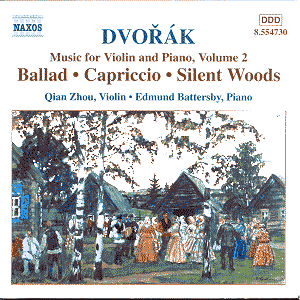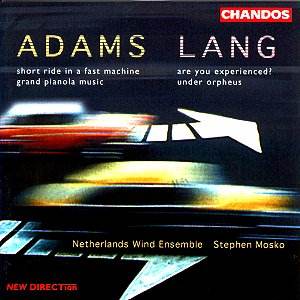 Composer: John Adams, David Lang
Composer: John Adams, David Lang
Works: Short Ride in a Fast Machine (1986), Grand Pianola Music (1982), Are You Experienced? (1990), Under Orpheus (1989-94)
Performers: David Lang (narrator), Hendrik Jan Renes (tuba), Sepp Grotenhuis, Ellen Carver (pianos), Lindsay Wagstaff, Kym Amps, Ruth Holton (sopranos), Netherlands Wind Ensemble conducted by Stephen Mosko
Recording: Muziekcentrum Vredenberg, Utrecht 9-11 November 1994 and St. Judes Church, London 12 February 1995
Label: CHANDOS
The present recording serves as a vivid testament to the evolving soundscape of late 20th-century American music through the works of John Adams and David Lang. Both composers, while firmly anchored in the minimalist tradition, have deftly expanded its boundaries, resulting in distinct yet complementary musical voices. Adams, with his infectious rhythmic drive and vibrant orchestration, contrasts markedly with Lang’s more contemplative and occasionally dissonant aesthetic. Each work on this disc highlights their individual stylistic traits while providing a fascinating juxtaposition of their approaches to contemporary composition.
Adams’ “Short Ride in a Fast Machine” has achieved a cult status since its inception, and rightly so. This transcription for wind ensemble by Lawrence T. Odorn is executed with exceptional virtuosity by the Netherlands Wind Ensemble. The performance captures the exhilarating momentum of the original orchestral version, with the ensemble navigating the intricate lines with precision and flair. The crisp articulation of the woodwinds and the dynamic interplay of the brass create a sonic tapestry that is both exhilarating and immersive. The opening measures set the stage for an energetic journey, culminating in a thrilling conclusion that has the listener breathless. This recording stands as a benchmark not only for its interpretative brilliance but also for its technical prowess, making it a must-have for any enthusiast of modern repertoire.
In “Grand Pianola Music,” Adams expands his canvas to embrace a larger instrumental palette, incorporating two pianos and soprano voices into the mix. The performance here is remarkable, particularly in the way the ensemble balances the delicate interactions between the instruments. The pianos, often playing in slightly out-of-phase patterns, evoke the mechanical charm of the pianola, and the ensemble deftly executes the intricate textures of the score. The first movement’s unfolding is a masterclass in maintaining listener engagement; the ensemble’s ability to sustain momentum while navigating complex rhythmic structures is commendable. The soprano entries, particularly in the movement titled “On the Dominant Divide,” are ethereal, punctuating the dense orchestration with a haunting beauty that lingers long after the final notes have faded.
Conversely, David Lang’s “Are You Experienced?” embodies a starkly different sensibility. Drawing inspiration from the concept of consciousness, Lang’s work is marked by dissonance and rhythmic dynamism, with an electric tuba part that adds an unexpected layer of depth. The narration, delivered by Lang himself, guides the listener through a surreal exploration of mental states. Notably, the section “Dance” features an extraordinary, electronically manipulated solo cadenza for tuba that showcases Renes’s virtuosity and the inventive spirit of Lang’s composition. The contrast between the rhythmic vibrancy of this work and the static, tremolando-driven movements of “Under Orpheus” illustrates Lang’s versatility as a composer. The latter, while perhaps less captivating than “Are You Experienced?”, offers a fascinating exploration of sound where the pianos lead a double ensemble, creating a rich interplay of pitches that rewards careful listening.
The engineering of this recording is exemplary, with a clarity that allows the intricate details of both Adams and Lang’s compositions to shine through. The spatial distribution of instruments is handled with care, enabling a full appreciation of the ensemble’s dynamics and color. This quality makes the recording not only an auditory delight but also an essential document of these works, capturing nuances that might be lost in less adept productions.
The disc represents a significant contribution to the canon of contemporary classical music, offering insights into the distinctive voices of Adams and Lang. Both composers challenge and engage the listener, though differing in their methodologies. While Adams’ music may enjoy broader appeal due to its rhythmic allure and accessibility, Lang’s more avant-garde approach compels a deeper, more critical engagement. This recording is a vital resource for those seeking to navigate the complexities of modern American music, serving as both an introduction and an invitation to explore the rich tapestry of sound crafted by these two influential figures.
